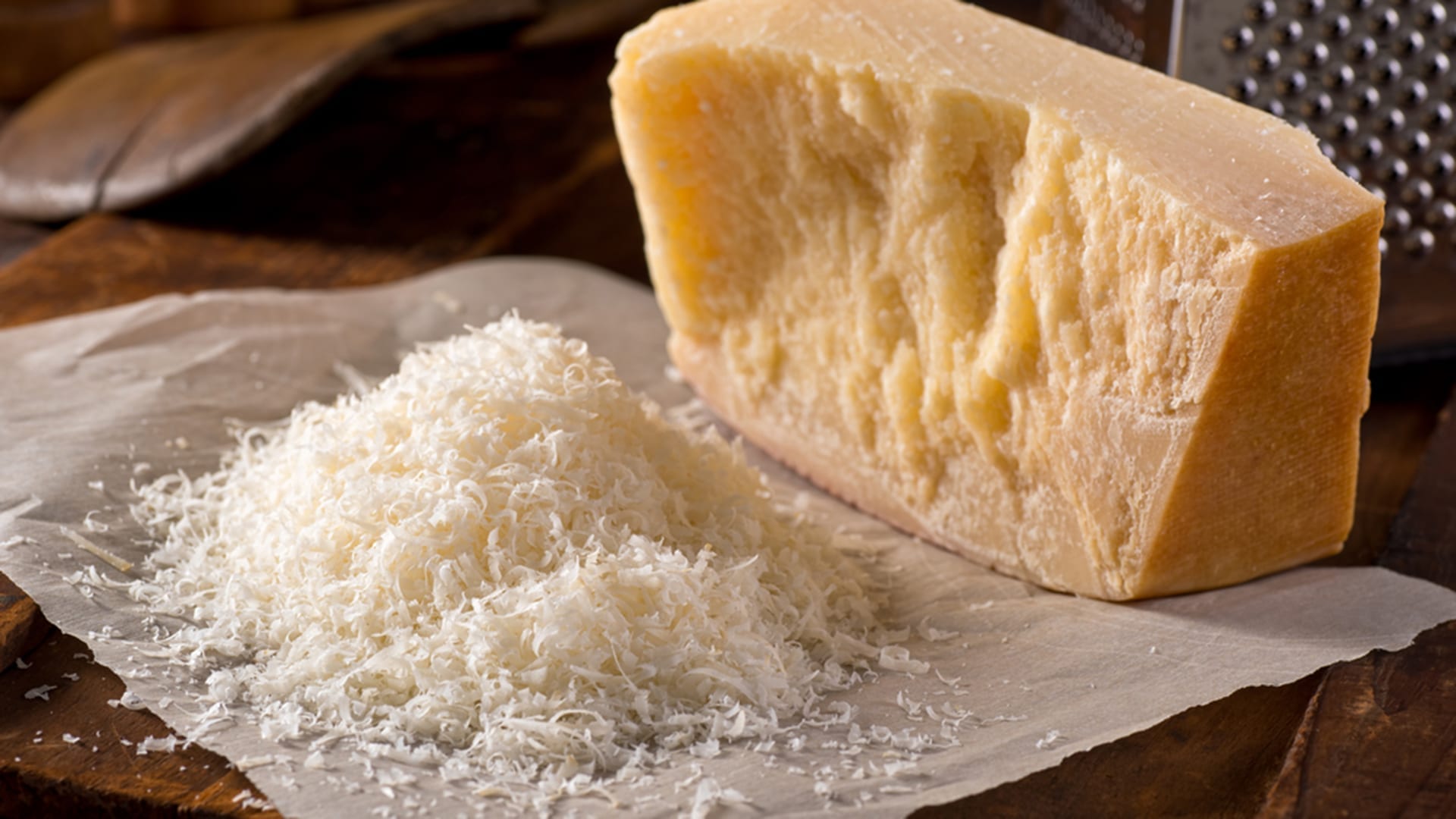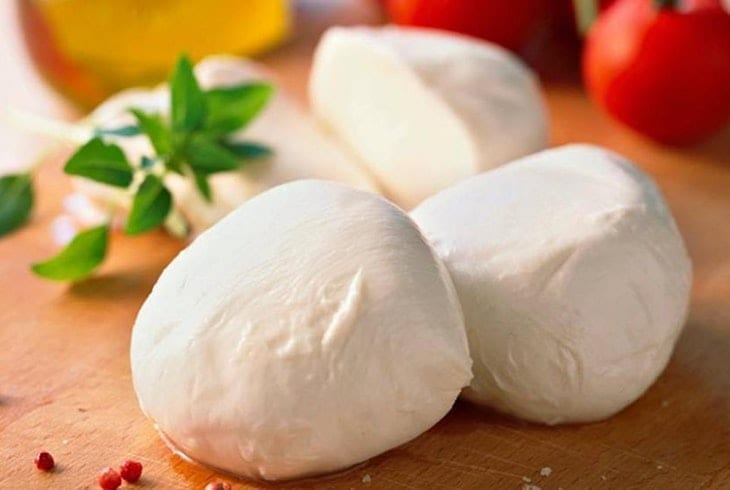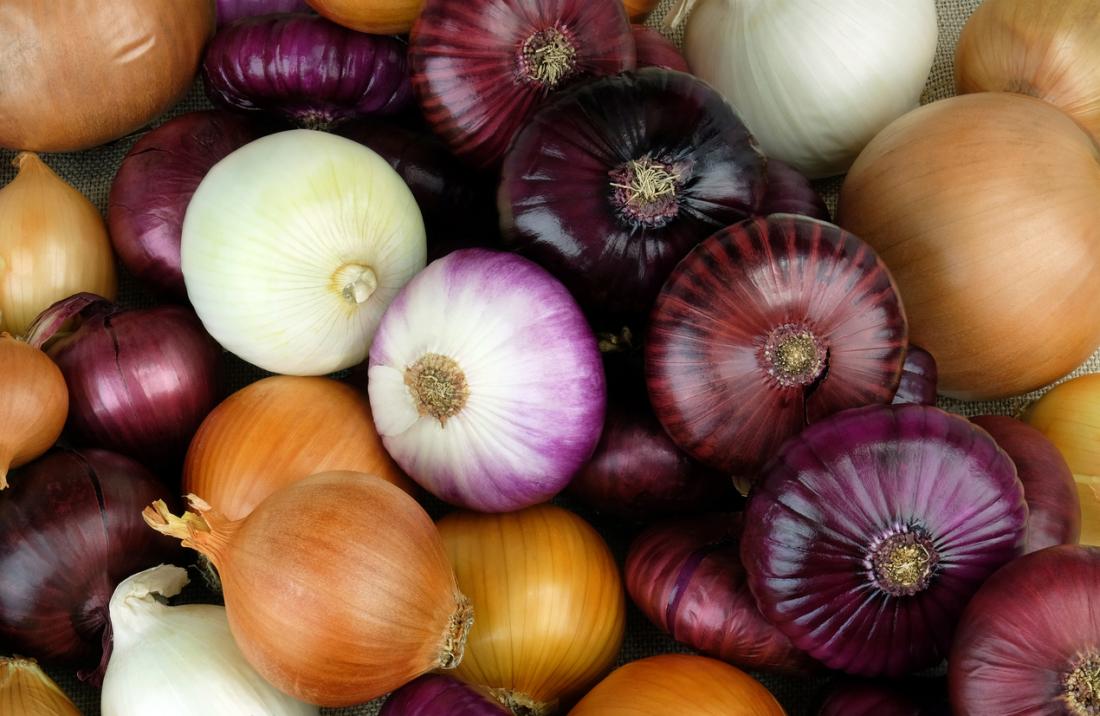Dairy products, particularly cheeses, are popular all around the world. There are many different varieties each with their own unique appearances, scents and tastes. Here are some not-so-well known facts about Parmesan cheese.
Fact #1:
Parmesan cheese is produced from unpasteurized milk obtained through cows. It originated in Italy.
Fact #2:
Cows used for producing Parmesan cheese are typically fed only grass or hay.
Fact #3:
The average Parmesan cheese wheel is 18 to 24 centimeters in height, 40 to 45 centimeters in diameter, and weighs 38 kilograms.
Fact #4:
The most common uses of Parmesan cheese are in pasta, soup and risotto.
Fact #5:
Legend states that Parmesan cheese was created in the Middle Ages in Bibbiano.
Fact #6:
One popular method of eating Parmesan cheese includes placing Parmesan cheese cubes on small wooden toothpicks and drizzling the cubes with Balsamic vinegar.
Fact #7:
In Italy, it is common for the head of a wheel of Parmesan cheese to be used as a “serving pot.” The head is hollowed out and then filled with steaming pasta.
Fact #8:
The farther from the center of a wheel of Parmesan cheese, the harder the cheese. Therefore, to obtain the best grated Parmesan cheese, you’ll want to grate the edges of a cheese wheel.
Fact #9:
The minimum amount of aging time for a wheel of Parmesan cheese is one year, but wheels are often aged for 2 to 3 years before making it out to the market.
Fact #10:
At the Parmigiano-Reggiano festival in Modena, Italy, a wheel of Parmesan cheese often sells for around 490 euros.






Be the first to comment on "10 Cheesy Facts About the Parmesan Cheese That Came From Italy"